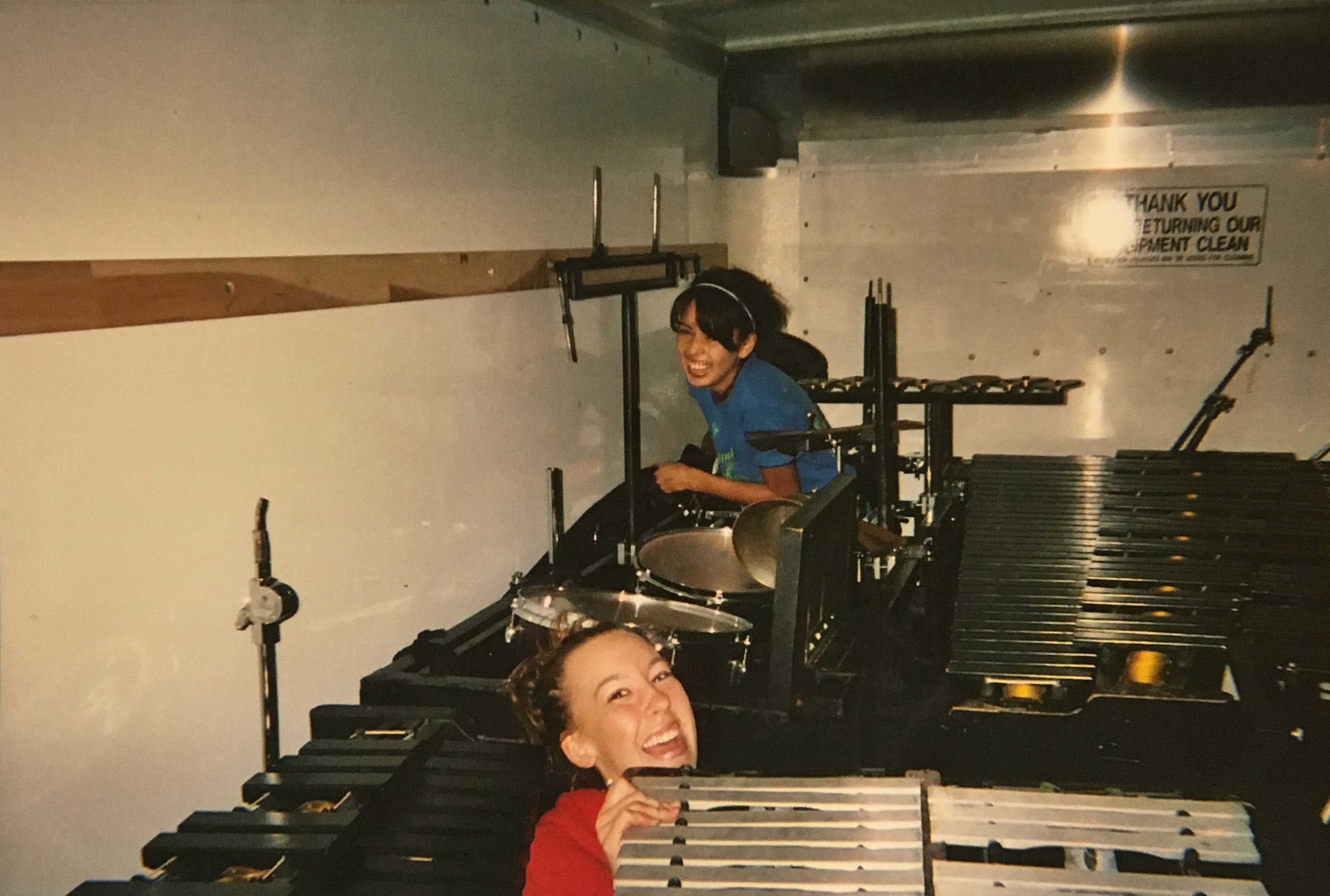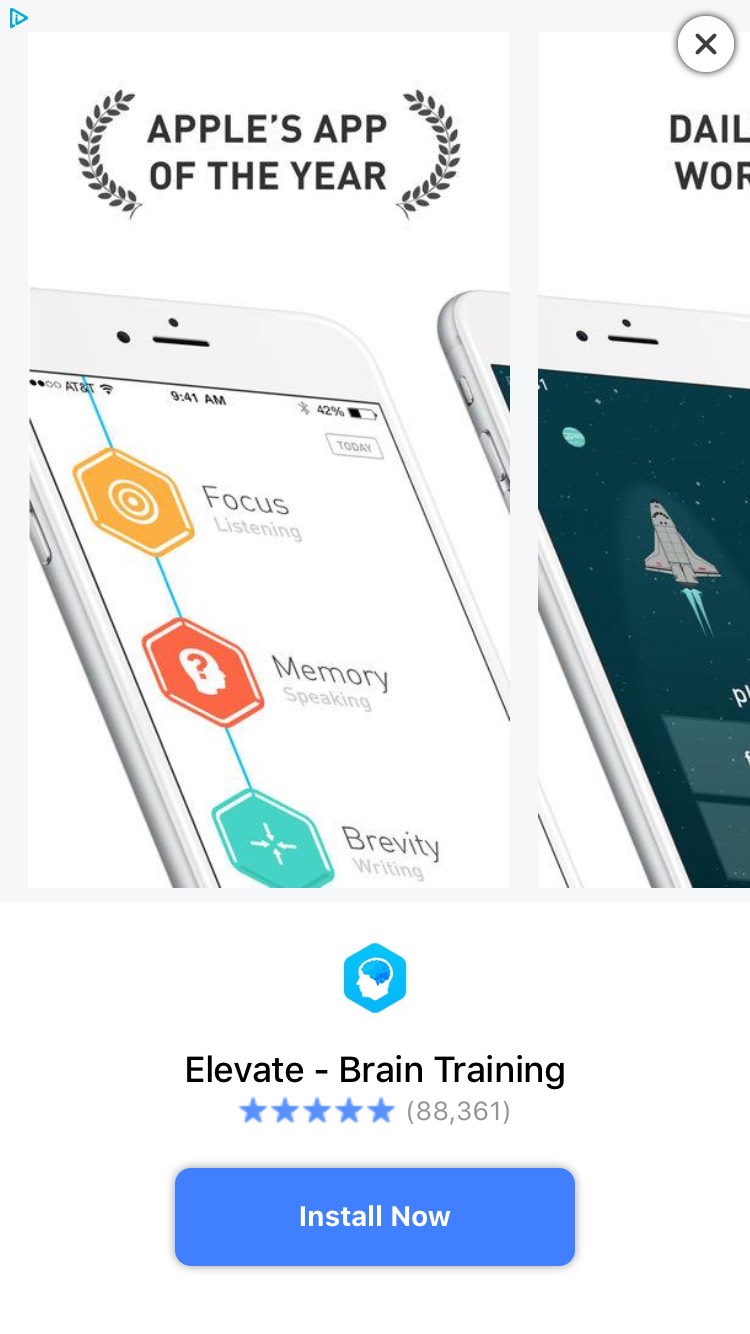Do Lessons in Music, Chess, or “Brain Training" Cause Students to do Better in School?
By Megan Sumeracki
There is a commonly held belief that engaging in certain activities might increase a student’s overall cognitive ability, which could subsequently improve that same student’s performance in school (1, 2). For example, according to this belief, a student who frequently plays chess or plays a musical instrument may improve their cognitive abilities and thus perform better in school. There does seem to be a correlation between engagement with these types of activities and academic achievement (1). Of course, a correlation definitely does not mean that these activities caused increased academic performance. But it is worth asking, if we encourage students to participate in intellectual activities, will this cause increases in academic performance?
Image from Pixabay
Essentially, what we are looking for is far transfer. Transfer is taking what we’ve learned in one situation and applying it in another. Transfer runs on a continuum from near to far, though it is difficult to quantify exactly how near or far any given transfer task might be. An example of very near transfer might be remembering information you learned on one day the very next day. This would be very near in time, and frankly might not be considered true transfer by educators. Other examples that might be considered to be in the middle of the transfer spectrum might be transfer of driving skills from one car to another, or from driving your car to driving that large moving van you rented. An example of far transfer might be students applying what they learned in math class one year in physics the next, or even an engineer applying what she learned in math class while on the job building bridges. Farther still might be generalizing sets of cognitive skills you have learned in music or chess to math or English class.
Image from Pixabay
For educators, transfer is one of the most important goals. Certainly, we want our students to be able to take the knowledge and skills they are learning in the classroom and be able to use them in future classes, in future years, and in life outside of education. We have written about transfer before (see this guest blog on brain training, this post about near transfer, and this post about far transfer). We’ve also noted that far transfer can be extremely difficult to achieve. What we learn tends to be highly contextualized, and we often need a lot of practice applying what we know in new situations, even when those situations are not as far away as crossing from one domain to another distant domain (like music to math).
Unfortunately, there is very little scientific evidence that intellectual activities – like playing chess, learning a musical instrument, or engaging with brain training games – actually improve general cognitive ability that transfers to academic performance. In a recent meta analysis by Giovanni Sala and Fernand Gobet (2), professors at University of Liverpool, found very small effects of this type of far transfer. They did find that those who engage with intellectually demanding tasks, like chess or music, do have better overall cognitive abilities than the general population. However, they did not find evidence that the increased cognitive abilities were caused by playing chess or music. In a vast majority of experiments where this far transfer was found, a passive control was used as a comparison group. When appropriate controls were used the effects found were either minimal or not present at all.
Does this mean that we should forget about music, chess, or other intellectually demanding activities? I certainly don’t think so. Practicing music and chess does improve performance in music and chess, and these activities are valuable in their own right. Extracurricular activities can be very positive. I personally played Trumpet for 9 years (4th through 12th grade) and found this activity to be very fulfilling for me. In fact, my best friends from high school, with whom I still communicate decades later, I met during band.
One of my longest friends, Emily, and I at a band competition. (We were sent onto the packed equipment truck to retrieve a flag we "needed" for the awards ceremony.... silly teenagers.) I met Emily in band in 2001, and earlier this year she was in my wedding!
Screenshot taken on Megan’s phone from an advertisement.
This does mean that we should be extremely wary of any program claiming to improve overall academic achievement through music, chess, or brain training, especially those that are commercialized. (Just the other day, I saw an advertisement for a popular brain training app!) There are plenty of people out there trying to make money with claims of far transfer that are more than likely far fetched.
References:
(1) Sala, G., Burgoyne, A. P., Mcnamara, B. N., Hambrick, D. Z., Campitelli, G., & Gobet, F. (2017). Checking the “academic selection” argument. Chess players outperform non-chess players in cognitive skills related to intelligence: A meta-analysis. Intelligence, 61, 130-139.
(2) Sala, G., & Gobet, F. (2017). Does far transfer exist? Negative evidence from chess, music, and working memory training. Current Directions in Psychological Science. Online First Publication. DOI: 10.1177/0963721417712760






